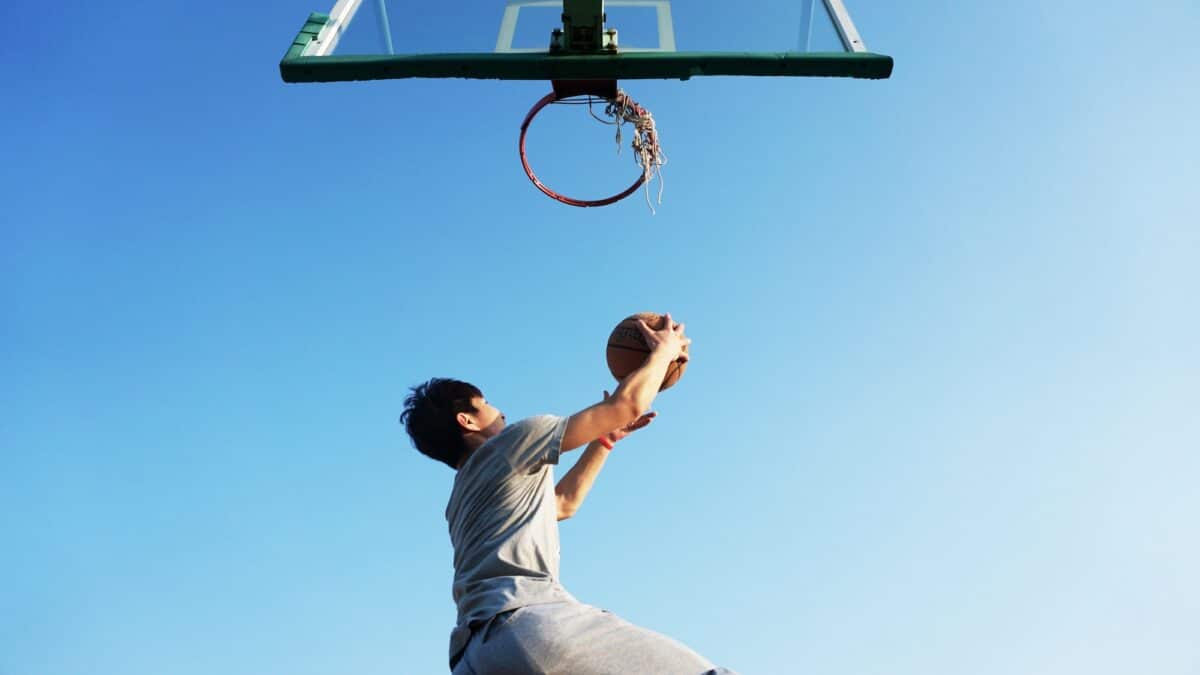Sports are as much a mental endeavor as a physical one. If an athlete’s mental health is suffering for some reason, their athletic performance will definitely suffer as a result. Even when athletes are not going through a specific mental health struggle, psychological tactics can be used to improve their performance.
As a sports performance coach, George Carlo is revered for his work in athletic mind-body and performance training. He has worked with a multitude of professional and collegiate athletes alike over the years. Today he shares the three main goals of sports psychology.
- Using psychology to enhance athletic performance. This can be done by using visualization techniques to help an athlete picture success in their mind. There are also relaxation strategies to reduce stress in order to overcome a number of obstacles, including support with injury recovery.
- Helping athletes accomplish their goals. This can include helping them stick to an exercise regime, preventing burnout, helping them focus on their goals, etc.
- Protecting the mental health of athletes. This includes helping them to cope with the pressure of athletic competitions, supporting them if they start to lose interest in their sport, etc. Helping athletes transition out of their athletic careers is also a major component of supporting their mental health.
Sports psychologists don’t just work with professional athletes. For example, they may also work with a youth sports organization to help kids with their self-esteem and help them find enjoyment in sports that will last throughout their lives.

